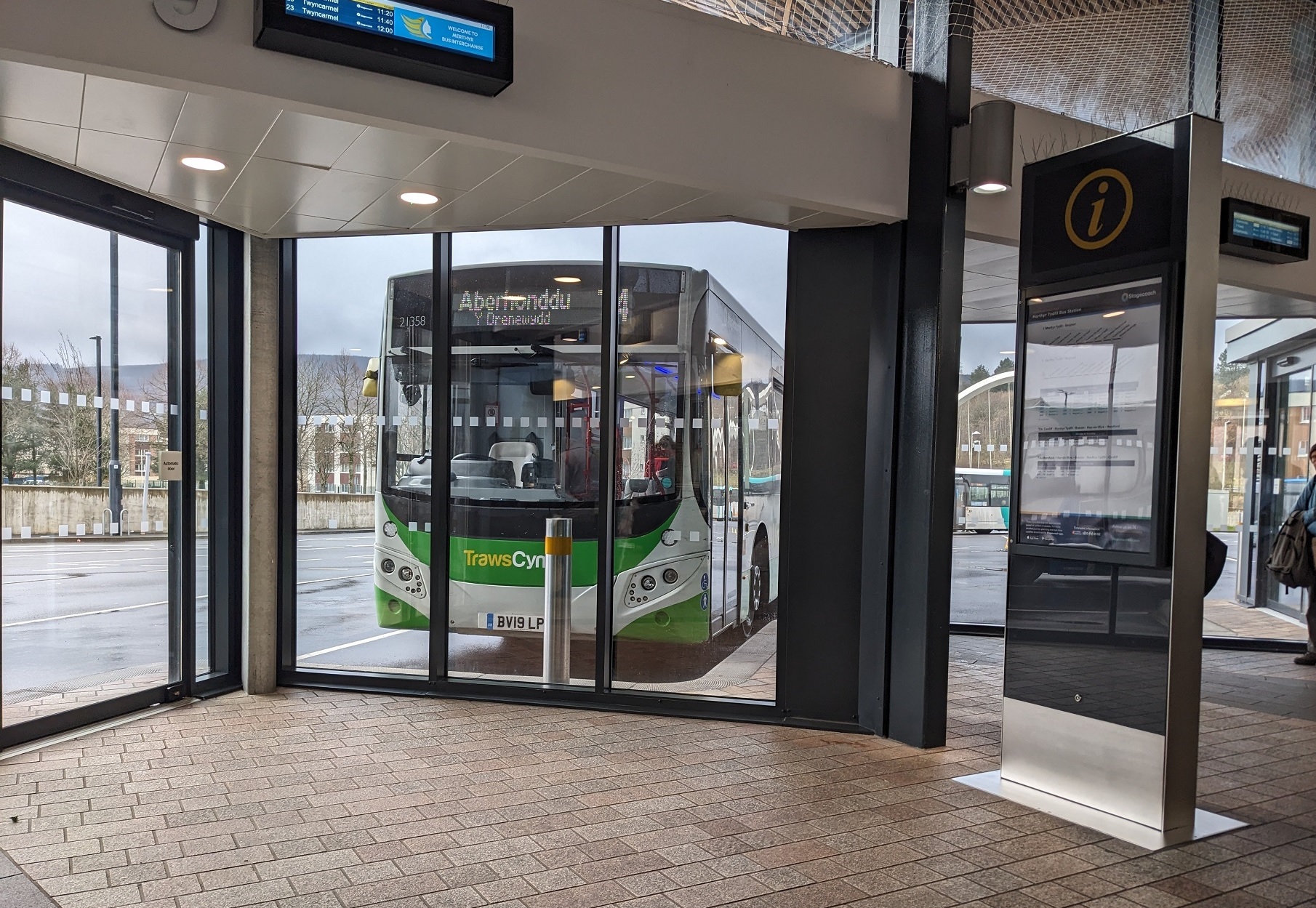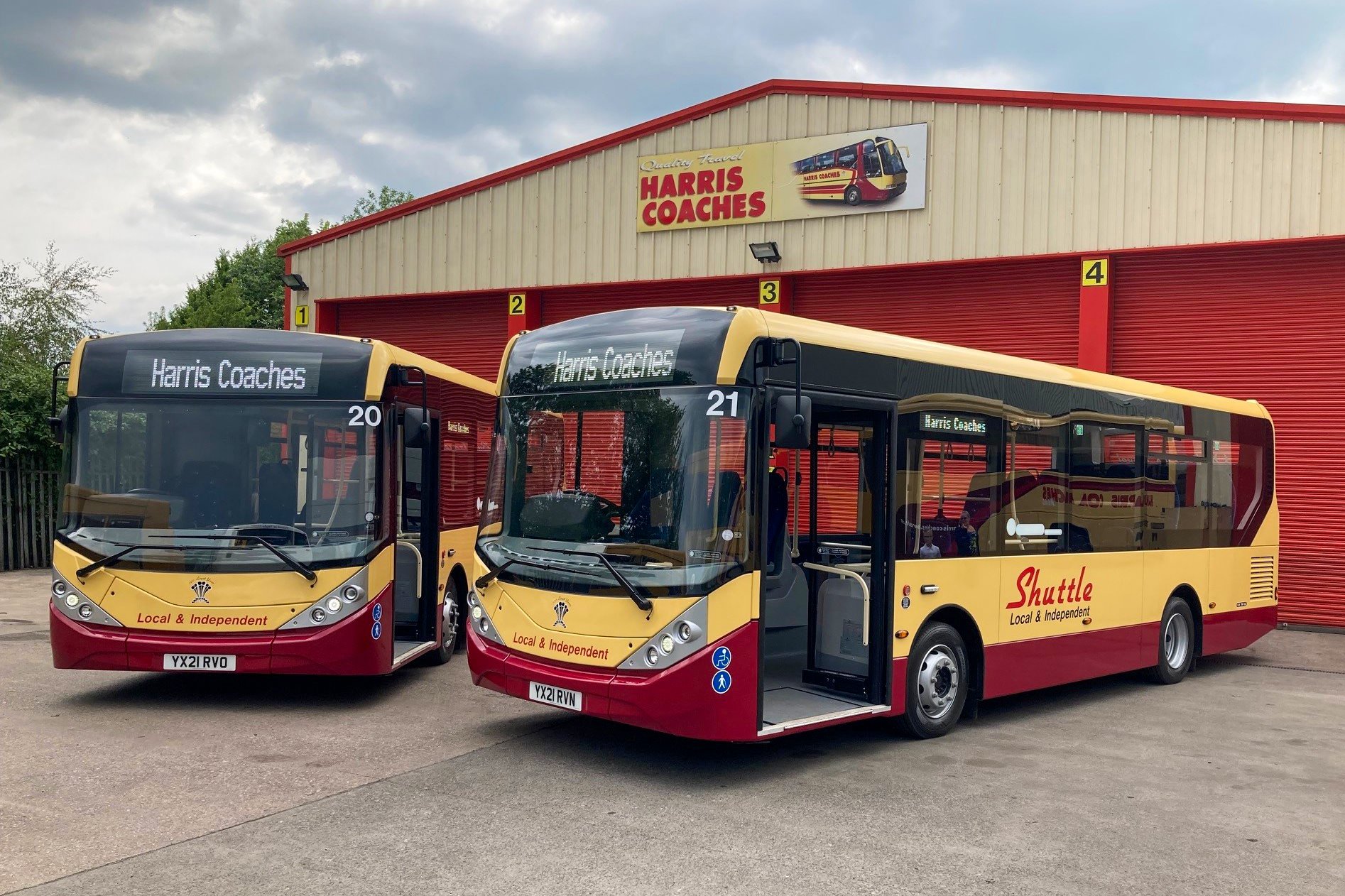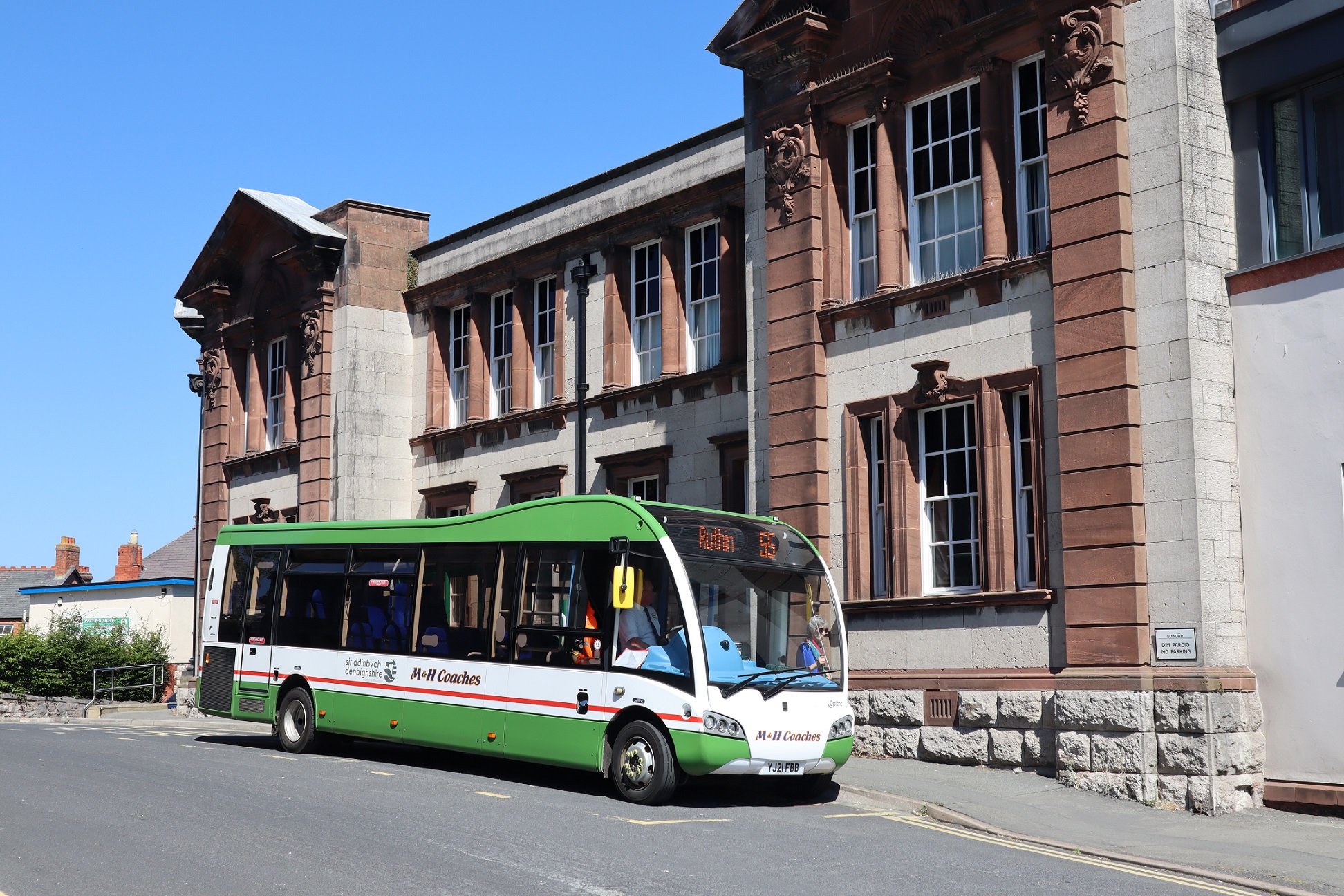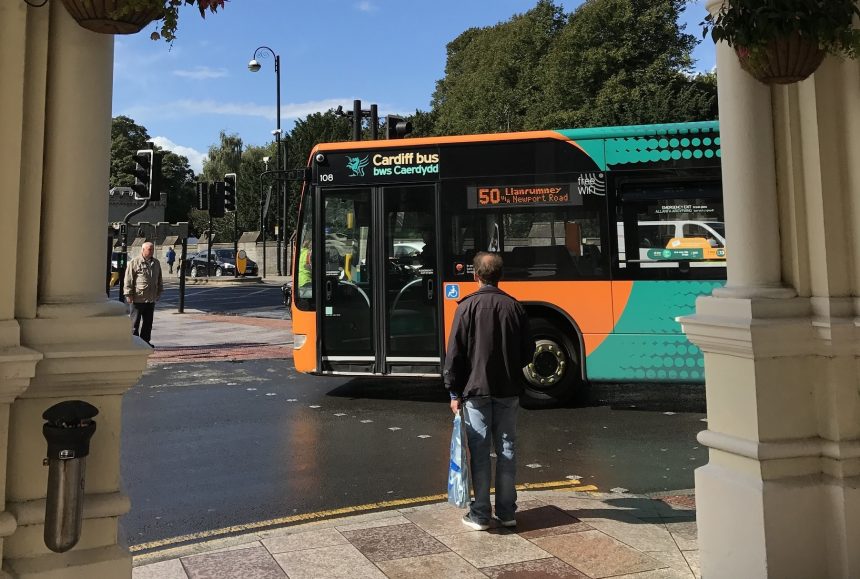Wales will potentially be divided into nine zones for the rollout of bus franchising that is expected to begin in 2026 and last until 2028, indicative plans released by Transport for Wales (TfW) have revealed.
The information is within The Roadmap to Bus Reform, published on 5 March. In addition to making the case for overhaul of service delivery in Wales, the document gives detail on how the planned franchising scheme will be managed.
Timelines are still to be confirmed, as is the number of zones that are adopted. However, TfW will start work this year with local authorities (LAs) and Corporate Joint Committees in North Wales and Mid Wales on what it terms a “bridge to franchising,” which is planned to improve bus services in those areas in the interim period.
Because significant parts of provision there are contracted, opportunity exists to make improvements before franchising, the document reads. 2024 will also see the necessary bill introduced to the Senedd and further TrawsCymru routes come under TfW management.
In 2025, the new legislation should become law and Regional Transport Plans and Regional Transport Delivery Plans will be developed.
Procurement of franchise contracts and rollout of the first regulated service will begin in 2026. From 2028, once franchising in Wales is completed under the TfW timeline, packages will be “reviewed, refreshed and improved.”

TfW is careful to note that an indicative nine zones for rollout is subject to change. However, it says that boundaries will be based on customer profile and the composition of networks within them.
Engagement with parties including operators will ultimately define the split. Multiple franchise opportunities will be made available in each zone.
Bus networks in the franchised Welsh landscape will be built around nine principles. Among those is the use of a set of core services as the backbone, which will prioritise directness and “minimal diversion.”
Those will be complemented by secondary and feeder routes, including Fflecsi demand responsive minibuses. Fflecsi provision will thus form part of the franchising process.
TfW will lead procurement of franchise contracts, although that process for each “package type” is yet to be determined. However, it will enable operators “to compete for contracts most suited to their size and nature of business,” TfW says. The overseeing body expects that multinationals, SMEs and municipals will all remain in the franchised market.

While a bridge to franchising will exist in parts of Wales, the document addresses how commercial operations will transition to a regulated environment. Progressive rollout of franchising means that both approaches will exist side-by-side for a period, and transitional arrangements are being developed to enable that.
Where commercial services cross into a franchised area during that period, it is expected that they will be allowed to continue. When “new or changed” services do the same, a permit would be required.
For cross-border services, TfW says that it may be able to contract those “either directly or in collaboration with bordering English LAs.” Where that conflicts with a deregulated market in England, permits will be used, with conditions to ensure that Welsh franchising standards are met.
In a hint that TfW has listened to some exhortations from the Confederation of Passenger Transport (CPT) Cymru, it says that while franchise contracts will be awarded on a gross cost basis – and not the net cost approach favoured by CPT – work will be done with bidders that provides “enough flexibility for innovation.”
That could see those parties identifying cost saving and service improvement opportunities. An incentive approach would see successful operators “rewarded for providing excellent quality bus services.”
CPT Cymru has applauded the roadmap, with Director Aaron Hill describing it as “a welcome signal of intent.” He has again called for a minimum subsidy approach, although regardless of the ultimate outcome, Mr Hill believes that “managed long-term investment and policies that encourage people to choose the bus over the car” are imperative.

On paying for a franchised network, TfW says it will work within available funding. A financial model is currently under development, and it will guide the approach to franchising.
It is anticipated that TfW will ultimately own all buses used on franchised services. In the short-term, there will be a mix of ownership by operators and TfW. How long it will take for TfW to complete the vehicle transition is not stated. Ownership of depots will be split across operators and TfW under the plans.
Recognition by TfW that funding is an ongoing challenge has been described as “realistic” by Bus Users, with Director for Wales Barclay Davies adding that the roadmap is a welcome stage on the reregulation journey and that Bus Users hopes to be involved “at every stage.”
Growing bus usage in Wales is key to financial sustainability of a franchised network, but TfW says that as part of rollout, establishment of what it terms “additional funding mechanisms” to support the process and sustain the proposed network will be agreed.
The decarbonisation journey for buses in Wales may lean on repowering of existing vehicles, the document reveals. TfW is currently exploring opportunities to convert diesels to battery-electric, but it says that potential may also exist to use hydrogen as an energy source.
Adopting repower would enable TfW “to limit the number of buses that need to be scrapped in the near future” while extending vehicle lifespan and making “best use of the embedded carbon,” in addition to removing emissions at the point of use. No timeframe is given for wholesale conversion of Wales’s bus fleet to zero-emission.
Responsibility for providing statutory home-to-school transport will remain with LAs in Wales under the franchising plans.
Read the roadmap document in full here.



























